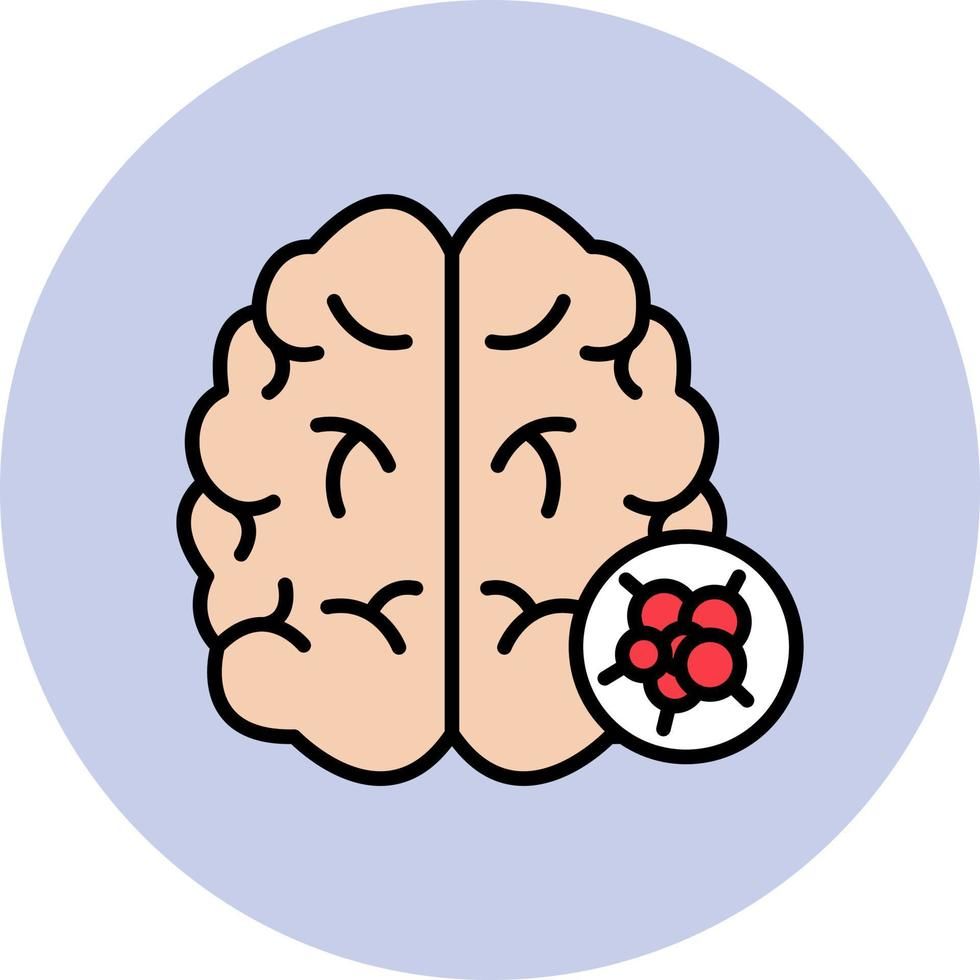What Causes It?
Genetic factors - Certain inherited conditions increase risk, including neurofibromatosis, tuberous sclerosis, Li-Fraumeni syndrome, von Hippel-Lindau disease, and retinoblastoma
Prior radiation exposure - Therapeutic radiation to the head for other conditions increases risk of later developing brain tumors
Immune system disorders - People with compromised immune systems have higher risk of central nervous system lymphoma
Age - Some tumor types are more common in specific age groups (e.g., medulloblastomas in children, meningiomas in older adults)
Family history - Having a first-degree relative with a brain tumor slightly increases risk
Exposure to certain chemicals - Some industrial chemicals, pesticides, and solvents have been associated with increased risk in some studies
Viral infections - Certain viruses, like Epstein-Barr virus, may increase risk of specific types of brain lymphoma
Race and ethnicity - Some tumor types show variations in incidence by race and ethnicity
For most primary brain tumors, the exact cause remains unknown
Metastatic brain tumors originate from primary cancers elsewhere in the body, commonly lung, breast, skin (melanoma), kidney, and colorectal cancers
Signs & Symptoms
Headaches - Often worse in the morning or that awaken you from sleep, may become more frequent and severe over time
Seizures - Especially in adults with no history of seizures
Cognitive changes - Problems with memory, thinking, concentration, or behavior
Personality changes - Mood swings, irritability, or abnormal behavior
Nausea and vomiting - Particularly in the morning or unrelated to other causes
Vision problems - Blurred vision, double vision, or partial or complete loss of vision
Speech difficulties - Problems finding words or speaking clearly
Balance problems - Dizziness, trouble walking, or lack of coordination
Weakness or numbness - Often on one side of the body or in specific limbs
Hearing problems - Ringing in ears (tinnitus) or gradual hearing loss
Symptoms vary widely depending on tumor location, size, and growth rate
Symptoms may develop gradually or appear suddenly
Some small or slow-growing tumors may not cause any symptoms initially
